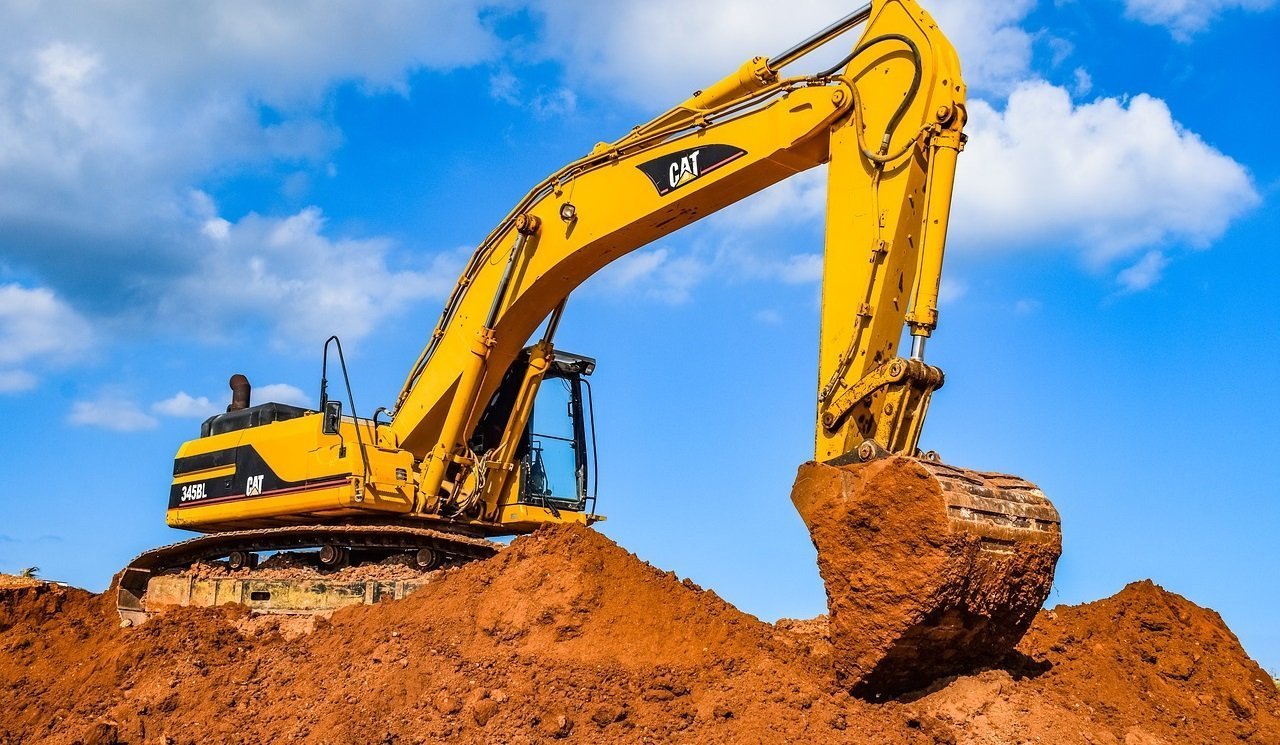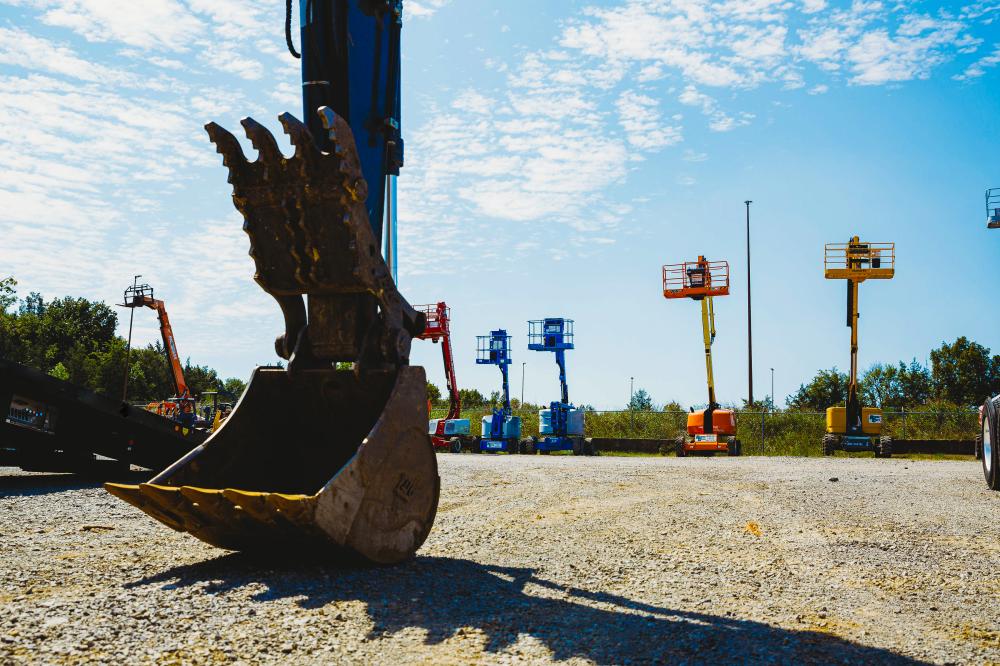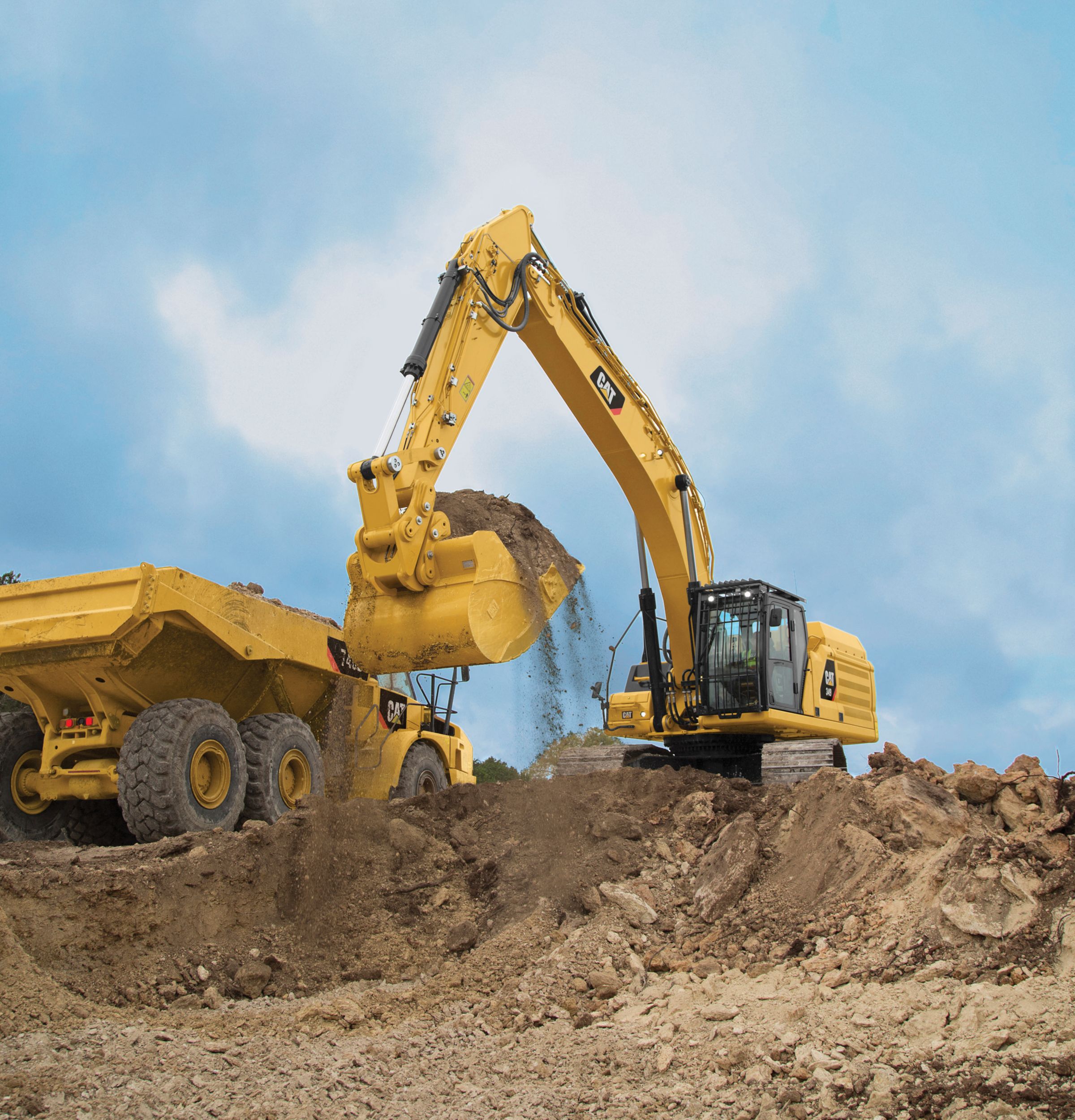Necessary Tips for Managing Heavy Devices Rental Arrangements and Logistics Effectively
Efficiently handling heavy devices rental agreements and logistics is vital for the success of any kind of job that counts on these sources. A comprehensive understanding of rental terms, combined with specific assessment of tools demands, lays the structure for beneficial negotiations. Working with transport logistics and intending for continuous maintenance can dramatically minimize unforeseen costs and hold-ups. The ins and outs of these aspects typically existing difficulties that need calculated insight. What are the essential considerations that can transform these possible pitfalls right into chances for performance and cost-saving?
Understand Rental Terms
Comprehending rental terms is vital for effective heavy devices monitoring. Knowledge with the certain terms of a rental agreement can substantially influence functional effectiveness and cost-effectiveness. Secret elements generally include rental duration, payment framework, and maintenance obligations. The rental duration defines the timeframe for which the tools is rented, affecting budgeting and task timelines. Settlement structures often vary, encompassing daily, weekly, or monthly rates, which demand precise estimations to avoid unforeseen costs.
Furthermore, it is essential to comprehend the upkeep obligations outlined in the arrangement. Generally, rental firms maintain the tools, but recognizing that is in charge of routine checks and repairs is essential to stop functional disturbances. Additionally, terms may include clauses concerning obligation for damages or theft, which can have major economic implications otherwise correctly comprehended.

Assess Tools Demands
Assessing tools requirements is a critical action for any kind of project supervisor aiming to enhance resource allowance and enhance operational effectiveness. This process entails an extensive analysis of the project demands, including certain jobs, timelines, and the kind of equipment necessary to achieve wanted outcomes.
Begin by identifying the range of the task and the tasks that will be executed. Take into consideration variables such as the terrain, the range of procedures, and any kind of potential obstacles that can influence tools choice. Involving with employee who will certainly operate the equipment can offer beneficial insights into sensible demands and choices.

Following, examine the capacity and capabilities of readily available devices choices. It is vital to match the right tools to the tasks handy, making sure that it can deal with the expected work without jeopardizing security or performance.
Furthermore, consider the rental period and regularity of usage. Recognizing these elements can help figure out whether renting or acquiring is the most economical solution. By carrying out a comprehensive assessment of equipment requirements, job managers can make enlightened choices that result in enhanced efficiency and decreased operational prices.
Negotiate Properly
Once the equipment demands are clearly identified, the following action includes effective arrangement with rental companies to protect positive terms. Begin by advice looking into different rental firms to understand their pricing frameworks, stock schedule, and track record.
When coming close to the negotiation table, be clear regarding your requirements, consisting of the sort of devices, rental duration, and any type of extra services you might require. This openness allows rental firms to offer customized options that can meet your particular needs (aerial lift rental). Do not wait to ask for discount rates, specifically for lasting services or bulk orders, as several firms agree to supply concessions to protect larger contracts
In addition, consider bargaining terms connected to insurance, maintenance, and delivery fees. These factors can dramatically influence the overall expense and ought to be explicitly outlined in the rental agreement. Guarantee that all agreed-upon terms are recorded in composing to prevent misconceptions and shield your rate of interests throughout the rental period. Effective arrangement not only causes expense savings but likewise establishes a favorable connection with the rental firm.
Coordinate Transportation Logistics
Working with transportation logistics is a crucial element of taking care of hefty equipment rental agreements. Efficient transportation ensures that equipment is supplied promptly and in ideal problem, consequently minimizing downtime and boosting task effectiveness. To attain this, it is important to establish a detailed logistics prepare that lays out the entire transport procedure from pickup to distribution.
Begin by evaluating the specific transportation demands based on the type and size of the tools involved - aerial lift rental. Involve with reputable look at this now transport providers that focus on heavy equipment to guarantee they have the essential expertise and equipment, such as flatbed trucks or specialized trailers. Discuss variables such as weight limits, route restrictions, and called for authorizations to avoid unexpected delays
Moreover, keep open interaction with both the rental company and the transport service provider to coordinate routines properly. By carefully coordinating transportation logistics, you can maintain the stability of your rental arrangement and assist in smooth job implementation.
Prepare For Upkeep and Support

Furthermore, it is vital to interact straight with the rental provider concerning maintenance obligations. Some contracts may include upkeep as component of the rental service, while in various other instances, the obligation may drop on the renter. Understanding these terms will assist stay clear of unforeseen prices and liabilities.
Furthermore, having accessibility to technical support can be important. Guarantee that the rental business supplies 24/7 support or an emergency call, allowing for speedy resolution of any devices concerns. Educating your team on appropriate tools use and routine checks can also dramatically improve operational performance.
Verdict
Finally, efficient administration of heavy equipment rental agreements and logistics hinges on a thorough understanding of rental terms, accurate evaluation of equipment demands, and experienced negotiation abilities. Working with transportation logistics and preparing for maintenance further boost functional efficiency. By applying these techniques, companies can minimize threats, control expenses, and guarantee that jobs advance efficiently and within recognized timelines. Stressing clear communication with all stakeholders remains vital in navigating the complexities of tools leasing and logistics administration.
Effectively taking care of heavy equipment rental arrangements and logistics is important for the success of any kind of project that counts on these resources. By thoroughly examining and recognizing these rental terms, businesses can make informed useful link choices, reduce dangers, and make sure that their hefty tools administration lines up with task objectives and financial constraints.Coordinating transport logistics is a vital element of taking care of heavy equipment rental agreements.In conclusion, effective management of heavy tools rental agreements and logistics joints on a comprehensive understanding of rental terms, precise assessment of devices demands, and experienced settlement skills. Stressing clear interaction with all stakeholders continues to be important in browsing the intricacies of devices leasing and logistics monitoring.
Comments on “Your Local Equipment Rental Company for Forklift Rental and Aerial Lift Rental Solutions”